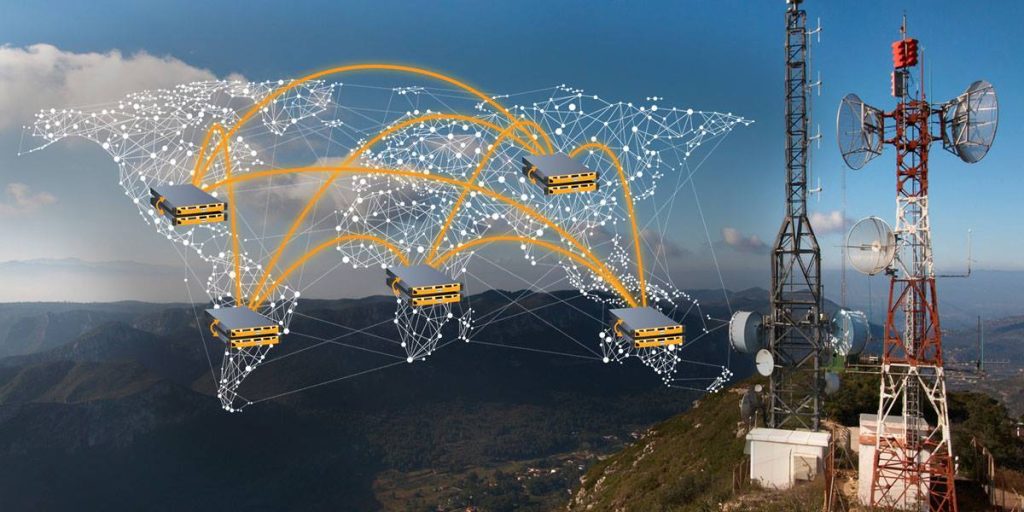What Is Telecommunications Engineering?
Telecommunications Engineering is focused with communicating information at a distance. It is strongly associated with data communications, largely because of the tendency to encode, compress and encrypt all information, and because of the growing importance of digital and wireless (e.g. mobile telephony) networks. It is also concerned on the transmission of information across a channel such as coax cable optical fiber or free space. Transmissions across free space require information to be encoded in a carrier wave in order to shift the information to a carrier frequency suitable for transmission. Popular analog modulation techniques include amplitude modulation and frequency modulation. The choice of modulation affects the cost and performance of a system and these two factors are evaluated carefully by the engineer.
Telecommunications Engineers design, develop, test and maintain Telecommunications systems. They provide user access to networks, transmit information across networks, switch/route between and among networks, translate between networks and provide information to users.
Telecommunications Engineering will appeal to those who are interested in the following fields:
- Satellite communications
- Signal and image processing
- Optical fibres and photonics
- Mobile satellite communications
- Data networks
- Data coding, compression, encryption and transmission
- Software systems including e-commerce
- Microelectronic devices and systems
- Real-time embedded systems
Career Opportunities
Telecommunications Engineering is the most rapidly developing and dynamic field of Engineering. Salaries for new graduates are as high as for other prestige profession, but will increase significantly within the first five years
Potential Employers
- Major service providers such as; SUDAtel, KANAR and MTN
- Large private industrial groups such as; Motorola, Alcatel, Ericsson, Nokia
- A host of smaller service and technology providers, some of them highly specialized and technologically sophisticated. The demand for graduates in telecommunications is rapidly increasing as the technology advances and broadens its scope of applications.

